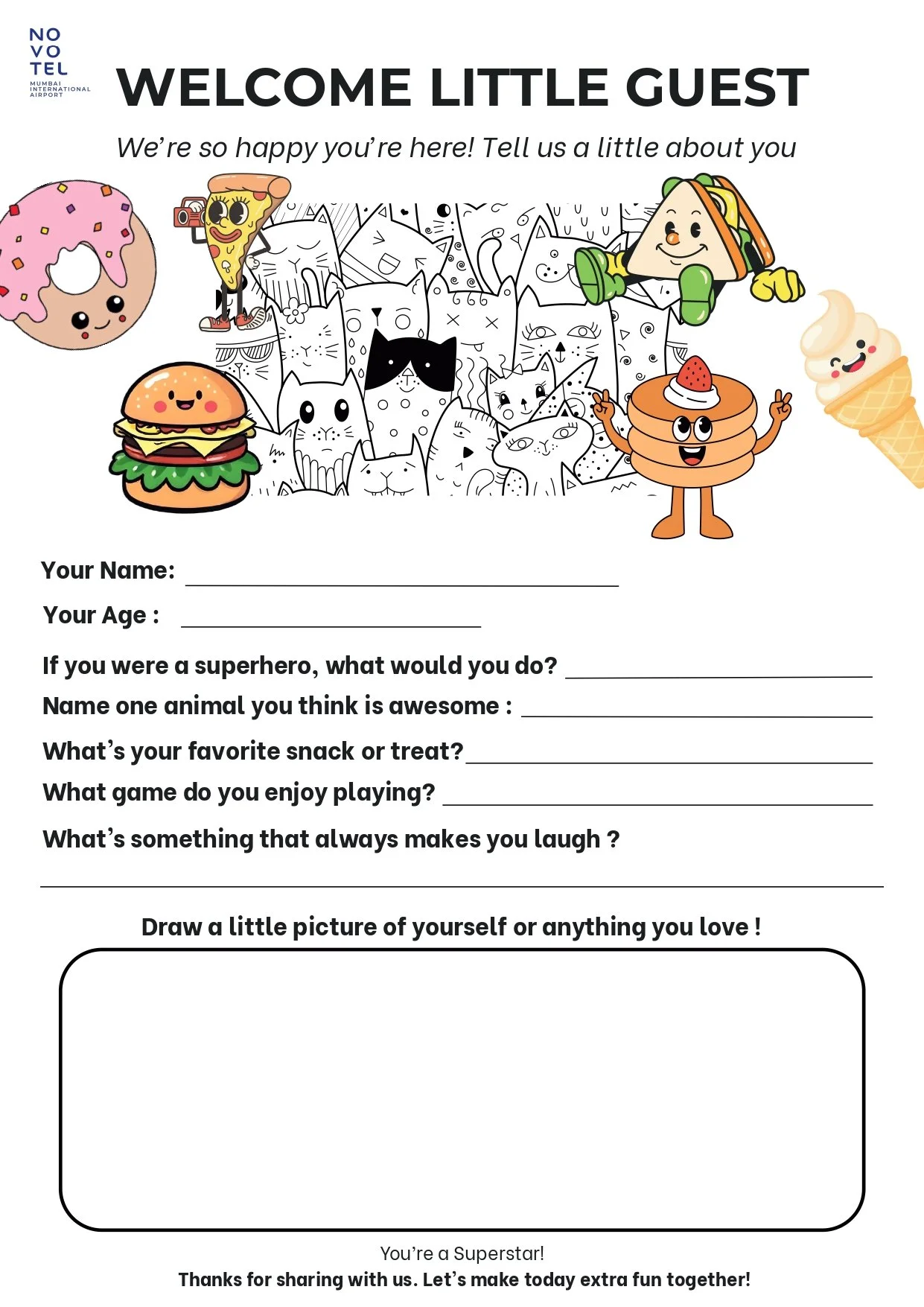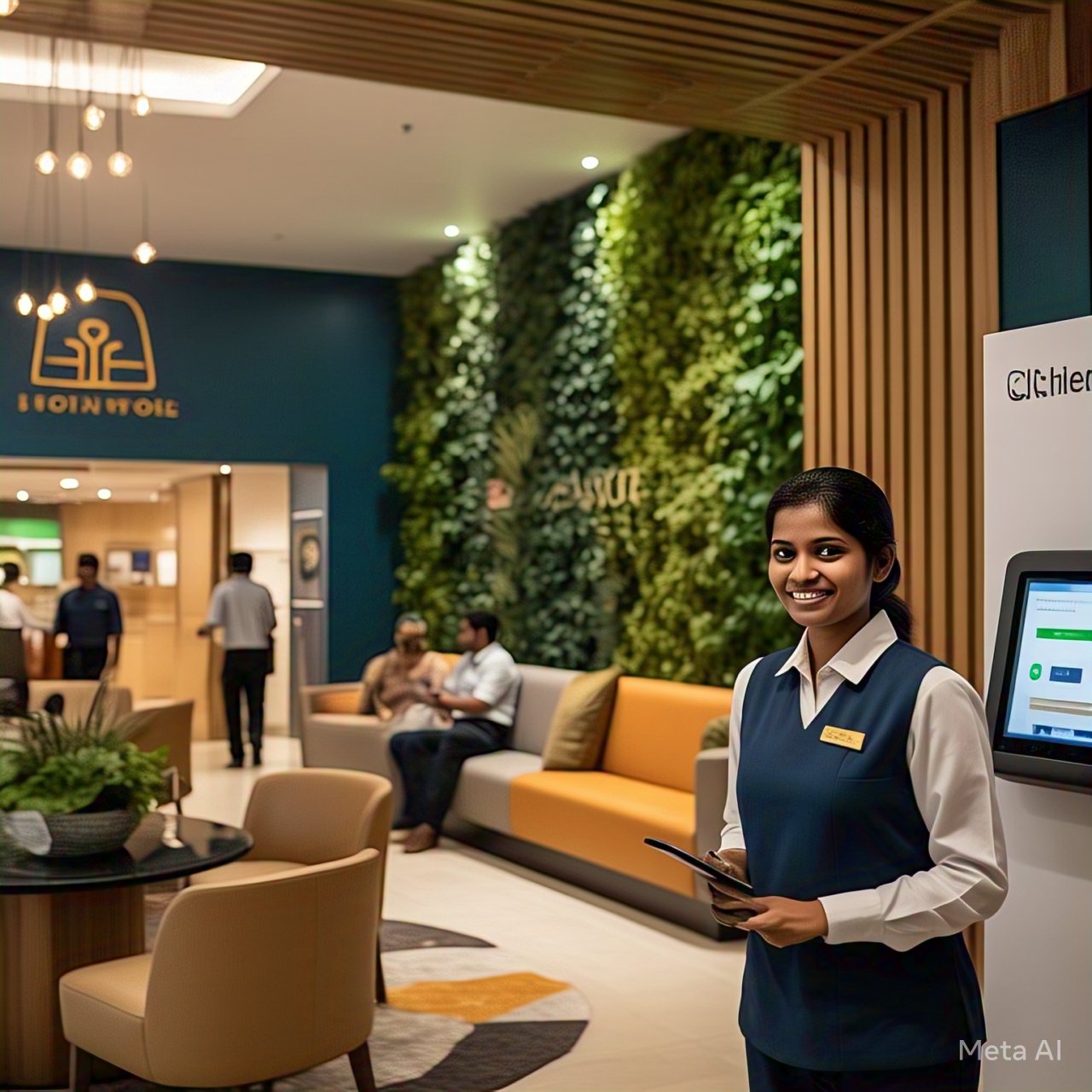Novotel Mumbai International Airport Launches “Little Hearts by Novotel” — A Heartfelt Welcome for the Hotel’s Youngest Guests 💛
/By Hospemag Editorial Team
Novotel Mumbai International Airport just dropped something adorable — and honestly, it’s giving wholesome hospitality goals. The hotel has launched “Little Hearts by Novotel,” a first-of-its-kind initiative that makes even the tiniest guests feel like VIPs (Very Important Playmates?).
From the moment they arrive, kids get their own special registration card — because why should adults have all the check-in fun? Each child also receives a sustainable teddy bear, lovingly crafted from eco-friendly materials. It’s cute and conscious — a symbol of warmth, care, and mindful hospitality.
“Our goal is to ensure every guest feels special — and that includes our little ones,” said Rachita Sood, General Manager, Novotel Mumbai International Airport. “With ‘Little Hearts by Novotel,’ we’re creating joyful first impressions while staying true to our sustainability promise.”
Tanvi Bhamare, Marketing Communications Manager, added: “‘Little Hearts by Novotel Mumbai International Airport’ reflects our unwavering commitment to family-friendly and sustainable hospitality. This initiative is unique in combining creativity, personalization, and environmental responsibility, ensuring that kids not only feel welcomed and valued but also learn the importance of sustainability. Seeing the delight on our young guests’ faces reinforces the impact of thoughtful, innovative experiences.”
Deepika Jatwani, Guest Experience Manager, shared: “This is a truly special initiative designed to make kids feel celebrated from the moment they arrive. From the personalized registration cards to the sustainable teddy bears, every detail has been carefully crafted to create joyful, memorable experiences that children and their families will cherish.”
At Hospemag, we love when hoteliers make hospitality real. When they think beyond check-ins and amenities — and into memories. “Little Hearts by Novotel” does exactly that. It’s thoughtful, creative, and so full of heart.
👏 Big cheers to the Novotel Mumbai International Airport team for reminding us that the future of hospitality is personal, purposeful, and delightfully playful.
💫 Because when you make your youngest guests smile, everyone checks in happy.



























